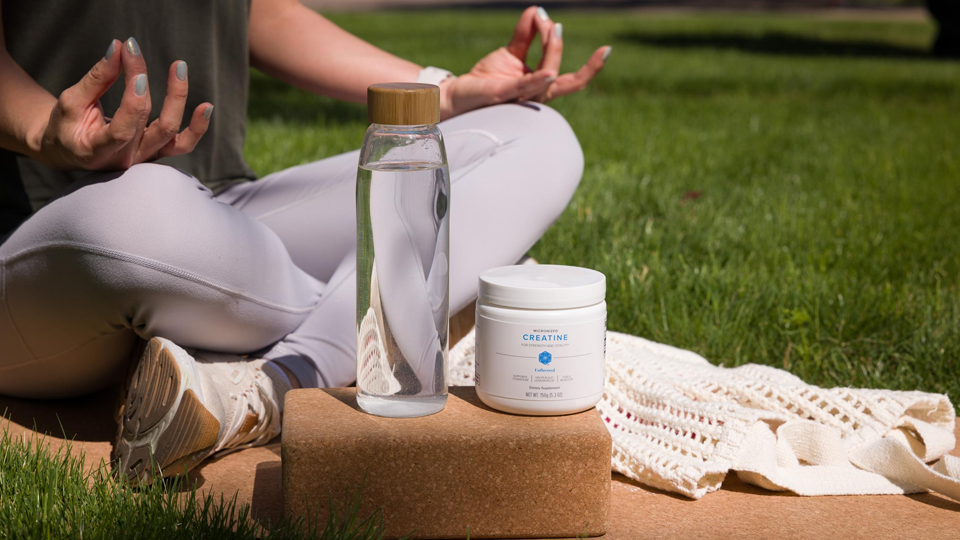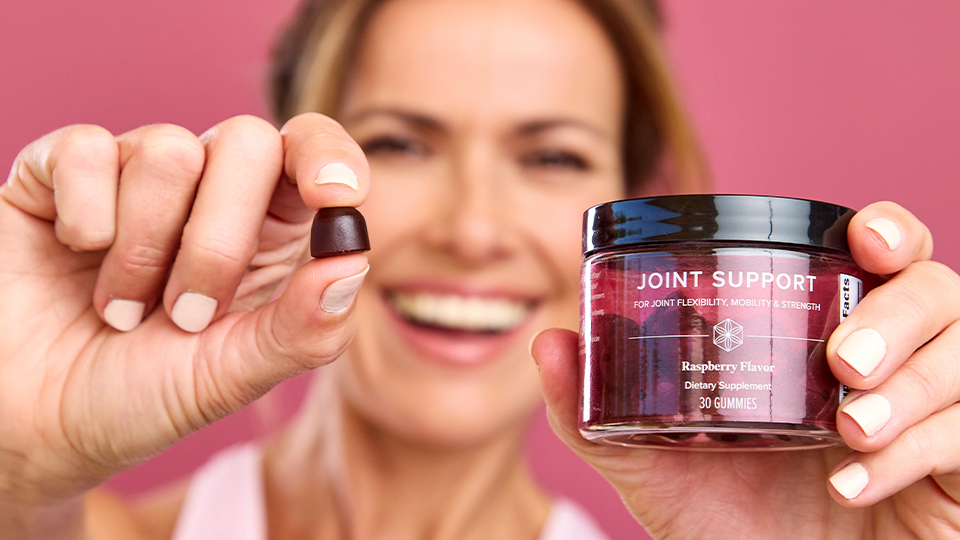Many athletes are aware of the benefits that come from consuming high-quality whey protein after a workout. Now a new study reports that the amount of protein you should consume post-workout depends on how many muscles you involved during exercise (1).
The type of protein you consume, when you consume it, and how much you consume all influence the muscle-building response following exercise (2). Of these factors, studies have found that the amount of protein consumed following exercise appears to have the most impact.
Based on past evidence, 20-25 grams of high-quality protein was thought to be enough to maximally stimulate muscle building (2, 3). However, according to new research, 40 grams of whey protein was actually more beneficial than 20 grams when more muscles were used during a workout (1).
It was previously believed that muscle mass was the sole influence in the amount of protein needed following exercise. For example, because younger adults have greater amounts of muscle mass, it was thought that they’d require a larger dose of protein (2-4).
However, recent research suggests otherwise. The more muscles that are activated, the greater the blood flow, and the greater the delivery of amino acids (1, 5). In short, your body can make use of a larger protein dose when more muscles are used during exercise.
In the latest study, researchers examined the response of muscle protein synthesis comparing two doses of whey protein taken after a whole-body exercise routine (1). The study assigned 30 resistance-trained males to either a lower lean body mass group (65 kilograms or heavier) or a higher lean body mass group (70 kilograms or heavier) who participated in two trials of either 20 or 40 grams of whey protein in random order. They consumed the protein immediately after exercise.
The subjects who consumed the 40-gram dose of whey protein stimulated muscle protein synthesis to a greater extent than those who consumed a 20-gram dose of whey protein for a full five hours after exercise. However, the muscle-building response was similar in both groups of resistance-trained males, despite the different amounts of lean body mass.
So the research suggests that the amount of protein needed after resistance training depends on how much muscle you worked out, while the overall amount of muscle mass you have is less important.
For practical application when using IsaPro® whey protein:
- Take 1-1½ scoops (18-27 grams of protein) after working out one body part.
- Take 2-2¼ scoops after training the entire body.
By adopting these guidelines, athletes can take advantage of the latest research on muscle building using protein supplementation depending on their workout.
References
- Macnaughton LS, Wardle SL, Witard OC, McGlory C, Hamilton DL, Jeromson S, Lawrence CE, Wallis GA & Tipton KD. The response of muscle protein synthesis following whole-body resistance exercise is greater following 40 g than 20 g of ingested whey protein. Physiol Rep. 2016 Aug; 4(15).
- Witard OC, Wardle SL, Macnaughton LS, Hodgson AB & Tipton KD. Protein considerations for optimising skeletal muscle mass in healthy young and older adults. Nutrients. 2016 Mar 23; 8(4):181.
- Morton RW, McGlory C & Phillips SM. Nutritional interventions to augment resistance training induced skeletal muscle hypertrophy. Front Physiol. 2015 Sep 3; 6:245.
- Churchward-Venne TA, Burd NA & Phillips SM. Nutritional regulation of muscle protein synthesis with resistance exercise: strategies to enhance anabolism. Nutr Metab. 2012 May 17; 9(1):40.
- Biolo G, Tipton KD, Klein S & Wolfe RR. An abundant supply of amino acids enhances the metabolic effect of exercise on muscle protein. Am J Physiol. 1997 Jul; 273(1 Pt 1):E122-9.





